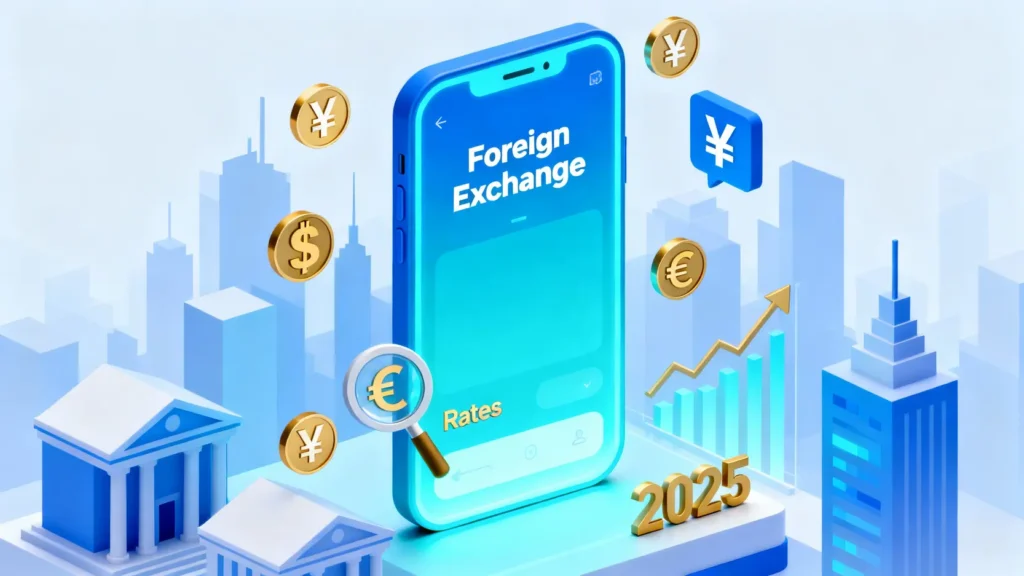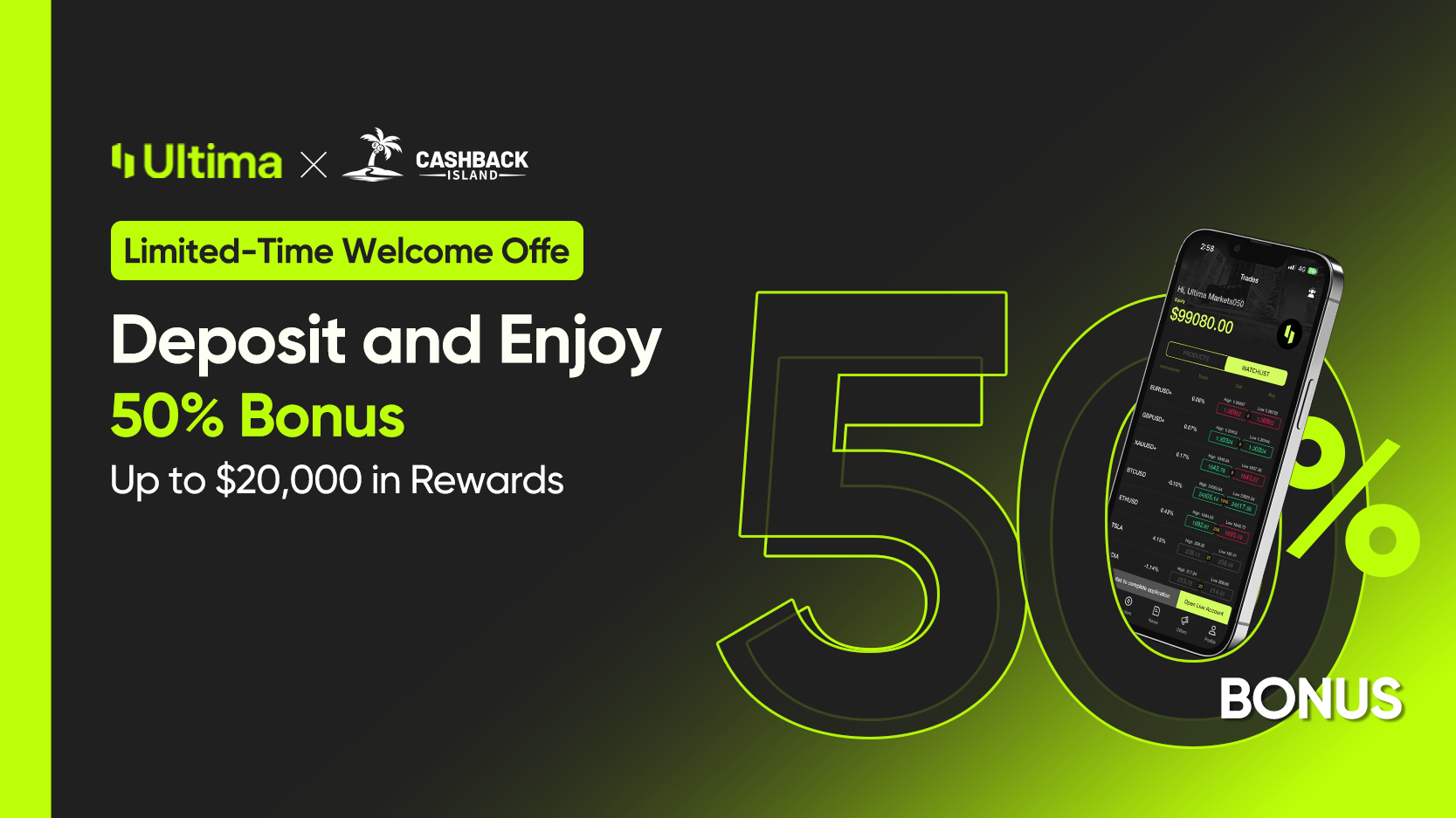Forex Broker Comparison 2025 | Security & Fees Guide
Forex Broker Comparison: 2025 Top Platform Spread and Security Evaluation Guide

The first step in entering the forex market is choosing a safe and reliable forex broker. However, with so many platforms and so much complex information available, especially when it comes to broker spread comparison, it is easy to feel overwhelmed. This article will provide you with the most comprehensive forex platform selection guide, from analyzing key trading costs to assessing the safety of regulatory licences. Step by step, it will walk you through the core criteria of forex broker comparison, helping you find the trading partner that suits you best and avoid potential pitfalls on your investment journey.
Why Choosing the Right Forex Broker Is Crucial
Many new investors focus entirely on technical analysis or market strategies while overlooking the foundation of every trade — the forex broker, which plays the dual role of guardian and executor. A wrong choice can render all your efforts meaningless. The following three points explain why carefully selecting a forex platform should be your top priority.
Fund Safety: Understanding Reputable Financial Regulators
Your investment funds are not placed directly into the forex market but are held in the broker’s account. If the broker goes bankrupt or acts maliciously, the safety of your funds faces significant risk. This is why “regulation” matters so much. Reputable financial regulators, such as the UK Financial Conduct Authority (FCA) and the Australian Securities and Investments Commission (ASIC), strictly supervise brokers’ operations, require them to segregate client funds from company operating funds and may offer certain levels of deposit protection schemes. Choosing a platform regulated by top-tier authorities is the first line of defense for safeguarding your capital.
Trading Costs: How Spreads and Fees Affect Your Profitability
Trading costs are the hidden killers that impact long-term returns. The primary cost comes from the “spread”, which is the difference between the bid and ask price and the main source of profit for brokers. A seemingly small spread can accumulate into a significant amount when trading frequently. For example, trading one standard lot of EUR/USD with a 1.0 spread equals a cost of 10 USD. If you trade ten times a day, your monthly cost can reach hundreds or even thousands of dollars. Therefore, conducting a thorough broker spread comparison and choosing a low-cost platform can directly increase your profit margin.
Trading Experience: The Importance of Platform Stability and Execution Speed
Imagine the market moving violently while you attempt to take profit or stop loss, but your trading platform suddenly lags, freezes or disconnects, it would be a nightmare. A high-quality broker invests heavily in maintaining server stability and order execution speed. Fast execution reduces the occurrence of “slippage”, ensuring your orders are filled at the intended price, which is critical in a trading environment where every second counts.
How to Compare Forex Platforms? Five Core Evaluation Criteria
Now that you understand the importance, let’s look at how to filter through the many forex platforms available. The following five core standards are the key indicators you must examine when conducting a forex broker comparison.
Criterion 1: Regulatory licence (FCA, ASIC, CySEC)
A regulatory licence is the platform’s “identity card”, representing the legality of its operations and the level of supervision it receives. Give priority to platforms licensed by the following tier-1 regulators:
- UK Financial Conduct Authority (FCA): One of the world’s most stringent regulators, known for its strong requirements on client fund protection.
- Australian Securities and Investments Commission (ASIC): A leading regulator in the Asia-Pacific region, also known for strict oversight.
- Cyprus Securities and Exchange Commission (CySEC): A regulator of an EU member state that follows the EU’s Markets in Financial Instruments Directive (MiFID), allowing cross-border services.
When verifying, always visit the regulator’s official website and search using the licence number provided by the broker to confirm the information is genuine.
Criterion 2: Trading costs (broker spread comparison, swap)
Trading costs directly affect your profits and losses. In addition to spreads, you should also pay attention to the “swap”, which is the interest charged or earned when holding positions overnight. Depending on the interest rate differences of the currency pairs, you may pay or receive swap fees.
When conducting broker spread comparison, you should not focus on only one currency pair. It is recommended to observe the average spreads during major trading sessions for the pairs you trade most frequently (such as EUR/USD, GBP/USD and USD/JPY). Some platforms attract customers with extremely low spreads but may charge additional fees elsewhere, so a comprehensive evaluation is necessary.
Criterion 3: Account types and leverage flexibility
Reputable brokers usually offer various account types to meet the needs of different traders:
- Standard account: Suitable for beginners, with most trading costs included in the spread.
- ECN/STP account: Suitable for professional or high-frequency traders, offering raw spreads but charging a commission per trade.
- Cent account: Allows trading with very small capital and is suitable for testing strategies.
In addition, while leverage can amplify profits, it also amplifies losses. A responsible platform will provide flexible leverage options so you can adjust according to your risk tolerance, rather than simply offering excessively high leverage.
Criterion 4: Deposit and withdrawal methods and speed
Convenient and reliable funding processes are a key part of the trading experience. An ideal platform should support multiple payment methods suitable for local users, such as:
- Bank wire transfer
- Credit card (Visa, MasterCard)
- E-wallets (Skrill, Neteller, PayPal)
- Local online banking transfer
In addition to having diverse options, processing speed is also important. Generally, deposits should be credited almost instantly, and withdrawal requests should be completed within 1–3 business days. If a platform processes withdrawals unusually slowly or delays them without reason, it is a warning sign.
Criterion 5: Customer service and Chinese-language support
When you encounter account issues, withdrawal delays or platform operation questions, timely and professional customer service becomes especially important. When selecting a forex platform, check whether it provides at least 24/5 (round-the-clock Monday to Friday) customer support, and test the response speed and problem-solving ability of its live chat or phone support. For users in Chinese-speaking regions, fluent and professional Chinese customer service is an essential bonus.
2025 Top Forex Broker Recommendations and Spread Comparison Summary
To help you make comparisons more intuitively, we have compiled an illustrative comparison table of top forex brokers. Please note that the data below is for demonstration purposes only. Actual figures should be based on each broker’s official website. This table is meant to show how you can apply the five criteria above to build your own forex broker comparison list.
| Evaluation Items | Overall Preferred Platform (Example A) |
Beginner-Friendly Platform (Example B) |
Low-Cost Platform (Example C) |
| Main Regulation | FCA, ASIC | CySEC, ASIC | ASIC, FSA |
| EUR/USD Average Spread | 0.8 pips | 1.2 pips | 0.1 pips + commission |
| Minimum Deposit | $200 USD | $100 USD | $50 USD |
| Maximum Leverage | 1:500 | 1:1000 | 1:400 |
| Chinese Customer Service | ✅ 24/7 | ✅ 24/5 | ✅ 24/5 (primarily email) |
| Features | Strict regulation, stable execution, suitable for conservative traders. | Low deposit requirement, rich educational resources, suitable for beginners. | Extremely low ECN account spreads, suitable for high-frequency or scalping traders. |
Common Questions (FAQ)
Q: How can I determine whether a forex platform is a scam broker?
A: There are several key steps to identifying a scam broker. First, check regulatory information by going directly to the regulator’s official website; platforms with no regulation or fake licence numbers carry extremely high risk. Second, be wary of exaggerated claims that guarantee profits or promise zero risk. Third, observe the quality of the website and software, as many scam brokers have poorly designed sites full of errors. Fourth, try a small withdrawal; if the withdrawal is delayed or rejected without reason, you should stop using the platform immediately.
Q: Are forex broker spreads fixed or floating?
A: Most forex brokers in the market offer “floating spreads”. Floating spreads change according to market supply and demand and volatility. Spreads are lower when the market is stable, but they widen during major news releases or periods of sharp volatility. In contrast, “fixed spreads” are not affected by market fluctuations and remain stable, but they are usually slightly higher than the average floating spread. Traders can choose based on their strategies: short-term traders may prefer low-spread floating accounts, while long-term traders who are less sensitive to costs may choose fixed spreads.
Q: Besides spreads, are there other hidden fees in forex trading?
A: Yes. In addition to spreads, there may be other fees. The most common is the “swap”, which is the interest paid or earned when holding positions overnight. Some ECN account types also charge a “commission”. In addition, some brokers charge an “inactivity fee” for accounts that have not traded for a certain period (such as 90 days). Lastly, certain withdrawal methods may incur fees. Before opening an account, always read the broker’s fee disclosure documents carefully.
Q: How much money do I need to start trading forex?
A: Many forex brokers have very low minimum deposit requirements, some as low as 10 USD. However, starting with too little capital makes it difficult for your account to withstand normal market fluctuations and may cause you to be forced out with stop losses. It is generally recommended that beginners prepare at least 500 to 1,000 USD as starting capital. This provides more room for risk management and allows you to trade with proper position sizing.
Conclusion
In summary, choosing the ideal forex platform requires a systematic evaluation of safety, trading costs and your personal trading needs. Through the five core criteria for “forex broker comparison” provided in this article and the in-depth analysis of “broker spread comparison”, we hope to help you build a clear evaluation framework and make the smartest decision. Remember, the most well-known platform or the one offering the highest leverage is not necessarily the best choice for you. Carefully assessing regulatory rigor and fee transparency is the key to building a more stable and long-term forex investment journey. Start your comparison now and choose the platform that suits you best!
Related Articles
-
【2025 Exchange Fee Comparison】Which Exchange Has the Lowest Fees? Complete Summary of Trading Rates Across 5 Major Platforms Do high trading fees make you feel like your profits are being eaten away every time you trade? In the cryptocurrency market, choosing a low-fee exchange is the key first step to...2025 年 11 月 17 日
-
Bank Foreign Exchange Comparison 2025: A Complete Guide to E.SUN, Mega, and Cathay United Bank Exchange Fees and FX Rates Preparing for an overseas trip or planning to invest abroad, but feeling overwhelmed by the various bank FX rates? When exchanging currency, it’s not just about the posted rates, service...2025 年 11 月 17 日
-
【2025】Top 5 Nasdaq Futures Trading Platform Recommendations, Broker Comparison, Fees, and Account Opening Guide With so many Nasdaq futures trading platforms available, do you feel overwhelmed and unsure how to choose? High fees and unstable trading apps can significantly erode your profits. To find the Nasdaq futures trading platform that...2025 年 11 月 17 日












